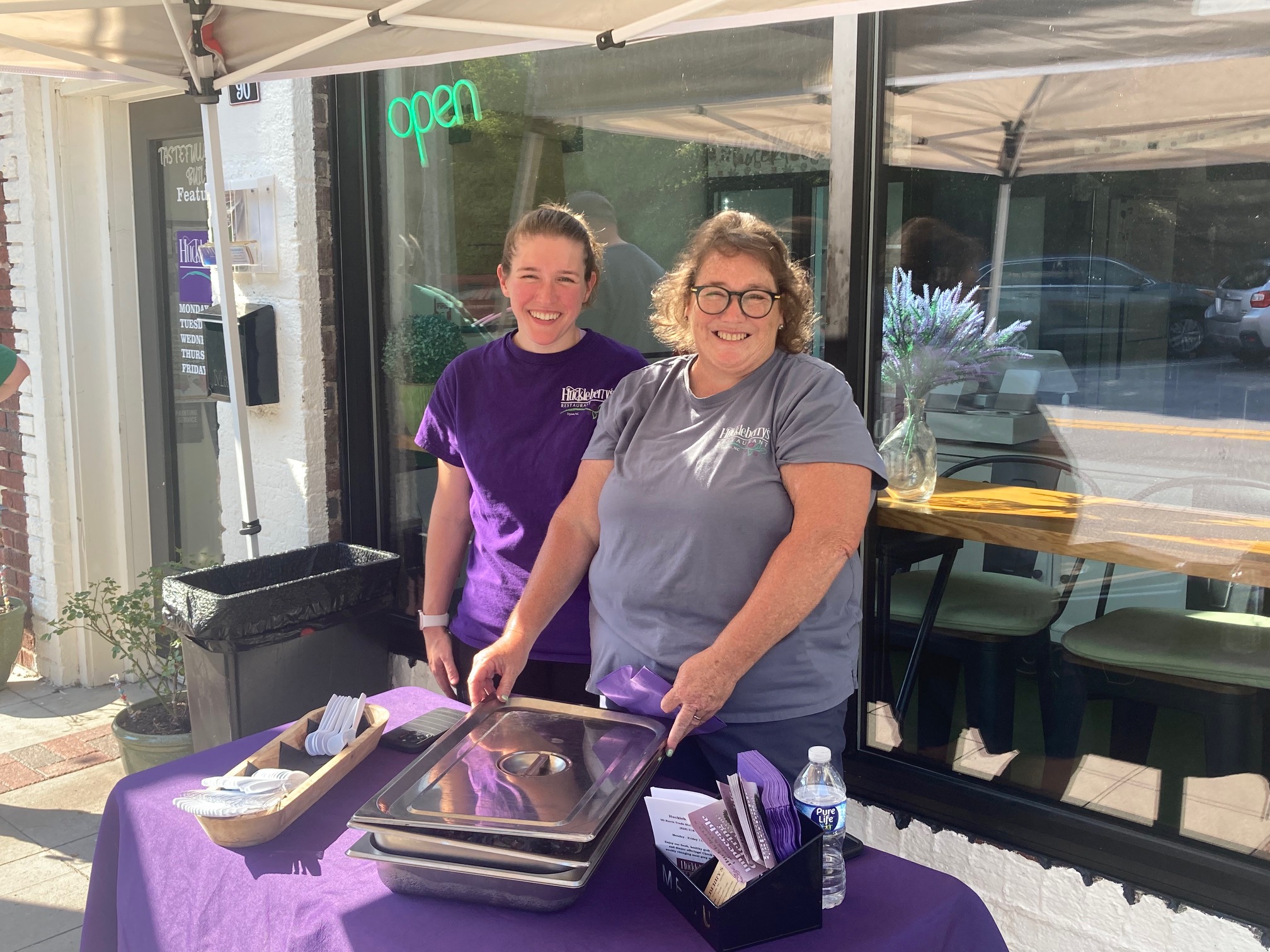Making the move to backyard chickens? Know what you’re getting into
Published 8:00 am Friday, February 17, 2023
|
Getting your Trinity Audio player ready...
|
Right about now, some of you are thinking you’re just going to get some chickens in your backyard and stop paying those high egg prices at the grocery store.
I hate to be the one to break your yolk and your yoke, but it is neither a simple undertaking nor an inexpensive venture. Ask any farmer who keeps chickens and they will tell you that on your way to having a good supply of eggs you will encounter more than an occasional disappointment.
Before we retired from farming, we had a flock that varied from 12 to 110 laying hens. We didn’t get to that point overnight. If you buy chicks from one of the many local suppliers today, you will not see a single egg for maybe six months, possibly nine. Meanwhile, you will be feeding, watering and keeping them warm until they are old enough to fend for themselves.
You will need chicken housing. If you are handy, have carpentry tools and a good imagination, you can build a coop, but with material prices today don’t be surprised at the costs. You will need fencing that will contain the chickens but more important will protect them from predators.
At this point, you’re thinking about our growing coyote population, but coyotes were never our primary predator. Coyotes were around, but most of our losses–and there were many–came as a result of roaming loose dogs. Possums, foxes, raccoons and aerial predators were also killers.
You also will become your own veterinarian, since taking your chickens to a doctor every time they become ill or injured is neither practical nor affordable.
What can go wrong, you ask?
Pasty butt, for one.
It happens to some chicks, and it’s pretty much like the name sounds. You have to remove the blockage or they will die. When the chicks become hens, they still aren’t completely out of the woods. We gave warm and soothing baths to many an ailing hen in the laundry room sink when they became egg bound. Yep, that too is pretty much like it sounds.
There are many viral, bacterial or fungal illnesses that can strike a flock, and because laying hens are closely confined at night the ailments often spread easily.
The most common mistake new chicken keepers make is not providing a large enough coop as well as lots of vegetation for foraging. Chickens can devour a lot of bugs, earthworms, small snakes, mice and grubs while scratching up and eating your beautiful backyard grass, which is the perfect diet for producing those eggs with dark orange yolks. But beyond that natural food, they also need supplemental feed.
And I would be remiss if I failed to point out that there are human afflictions you must deal with as time goes on. The main one being that chickens are the gateway drug to farming. Basically, what happens is you start with, let’s say, a dozen chickens and as time passes you discover that chickens actually have personalities not unlike humans. One hen–let’s call her the social butterfly–might fly up onto your shoulder every time you walk into the chicken yard. She wants to bend your ear while flaunting her vaulted self to the others in the flock. Others follow at your feet, clucking as you walk, making you feel sort of like a Mahatma Gandhi of the chicken world.
Then it happens. You get 12 more chickens. Well, you meant to get 12 more, but they were selling so many varieties you felt you should get six of each variety. So you came home with 30 more chicks.
And on and on it will go until you find yourself selling your eggs off your tailgate at the farmers market while explaining to shoppers such chicken factoids as a hen is born with all the eggs she will lay in her lifetime, but she doesn’t lay an egg every day.
People without chickens will look at you with great envy and admiration, and they will ask if you will be back at the market next week. And you say, yes, of course.
Larry McDermott is a local retired farmer/journalist. Reach him at hardscrabblehollow@gmail.com






